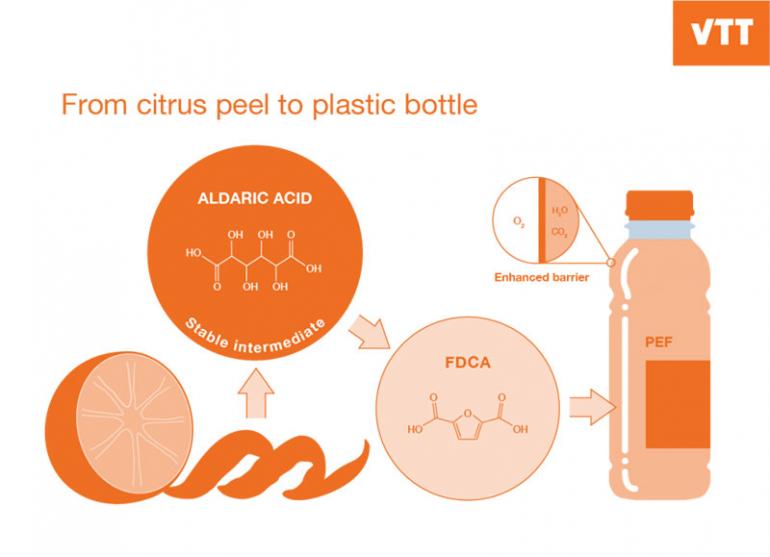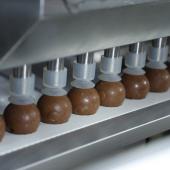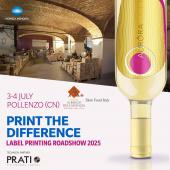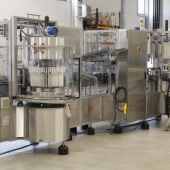From PET to PEF using orange peel

The VTT Technical Research Centre in Finland has developed a new technology for using agricultural waste containing pectin, such as citrus peel and sugar beet pulp, to produce bio-based PEF (polyethylene furanoate) plastics as a replacement for traditional PET.
The Finnish researchers believe that the discovery could reduce the carbon footprint of plastic bottles by 50% (annual PET packaging production is estimated at 30 million tons) while offering greater potential in terms of food preservation.
The superior barrier properties of PEF compared to PET would allow for a longer shelf life with the added advantage of being a fully recyclable material.
“Orange juice could thus soon be available in bottles made of orange peel,” notes Holger Pöhler, a professor of practice at VTT. “VTT’s novel technology opens up new possibilities for the circular economy of plastics.”
The technology used by the scientists to produce this pectin-based plastic could soon be scaled up to industrial-level production as the transition from classic to PEF-based polymers should not be too difficult.




















